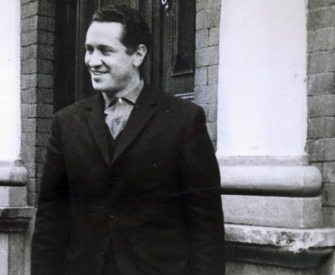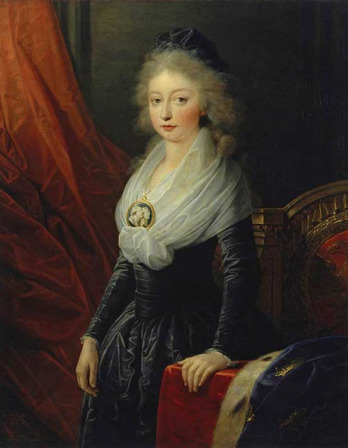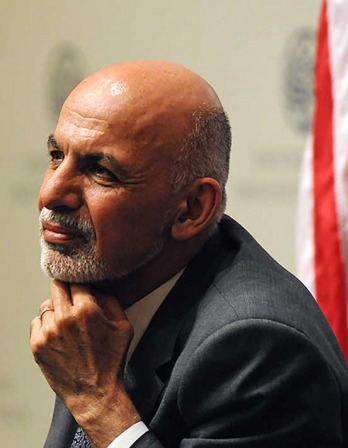When great changes occur in history, when great principles are involved, as a rule the majority are wrong.
—Eugene V. Debs, 1918Distributing the Spoils
Gerrard Winstanley calls for the reformation of the world.
to his excellency oliver cromwell, general of the commonwealth’s army in england, scotland, and ireland.
Sir,
God hath honored you with the highest honor of any man since Moses’ time to be the head of a people who have cast out an oppressing Pharaoh. For when the Norman power had conquered our forefathers, he took the free use of our English ground from them and made them his servants. And God hath made you a successful instrument to cast out that conqueror and to recover our land and liberties again by your victories out of that Norman hand.
That which is yet wanting on your part to be done is this, to see the oppressor’s power to be cast out with his person, and to see that the free possession of the land and liberties be put into the hands of the oppressed commoners of England.
For the crown of honor cannot be yours, neither can those victories be called victories on your part till the land and freedoms won be possessed by them who adventured person and purse for them.
Now you know, sir, that the kingly conqueror was not beaten by you only, as you are a single man, nor by the officers of the army joined to you, but by the hand and assistance of the commoners, whereof some came in person and adventured their lives with you. Others stayed at home and planted the earth and paid taxes and free quarter to maintain you that went to war.
So that whatsoever is recovered from the conqueror is recovered by a joint consent of the commoners. Therefore it is all equity that all the commoners who assisted you should be set free from the conqueror’s power with you. As David’s law was, “The spoil shall be divided between them who went to war and them who stayed at home.”
And now you have the power of the land in your hand, you must do one of these two things: first, either set the land free to the oppressed commoners who assisted you and paid the army their wages; and then you will fulfill the Scriptures and your own engagements, and so take possession of your deserved honor.
Or secondly, you must only remove the conqueror’s power out of the king’s hand into other men’s, maintaining the old laws still; and then your wisdom and honor is blasted forever, and you will either lose yourself or lay the foundation of greater slavery to posterity than you ever knew.
You know that while the king was in the height of his oppressing power, the people only whispered in private chambers against him; but afterward it was preached upon the housetops that he was a tyrant and a traitor to England’s peace, and he had his overturn.
The righteous power in the Creation is the same still. If you and those in power with you should be found walking in the king’s steps, can you secure yourselves or posterities from an overturn? Surely no.
The spirit of the whole Creation (who is God) is about the reformation of the world, and he will go forward in his work. For if he would not spare kings who have sat so long at his right hand governing the world, neither will he regard you, unless your ways be found more righteous than the kings.
You have the eyes of the people all the land over, nay I think I may say all neighboring nations over, waiting to see what you will do. And the eyes of your oppressed friends who lie yet under kingly power are waiting to have the possession given them of that freedom in the land which was promised by you if in case you prevailed. Lose not your crown; take it up and wear it. But know that it is no crown of honor till promises and engagements made by you be performed to your friends. “He that continues to the end shall receive the crown.” Now you do not see the end of your work unless the kingly law and power be removed as well as his person.
Gerrard Winstanley
From The Law of Freedom in a Platform. His career as a London cloth merchant a failure, Winstanley took up work as an agricultural laborer in the Surrey town of Cobham. Six years later, during a period of food shortages, Winstanley established the Diggers, a colony of agrarian communists that cultivated a plot of common land. Legal harassment and violence at the hands of local landowners forced them to disband, and Winstanley devoted himself to publishing political pamphlets, among them this sketch of a communist society, which included a dedicatory epistle to Oliver Cromwell.



